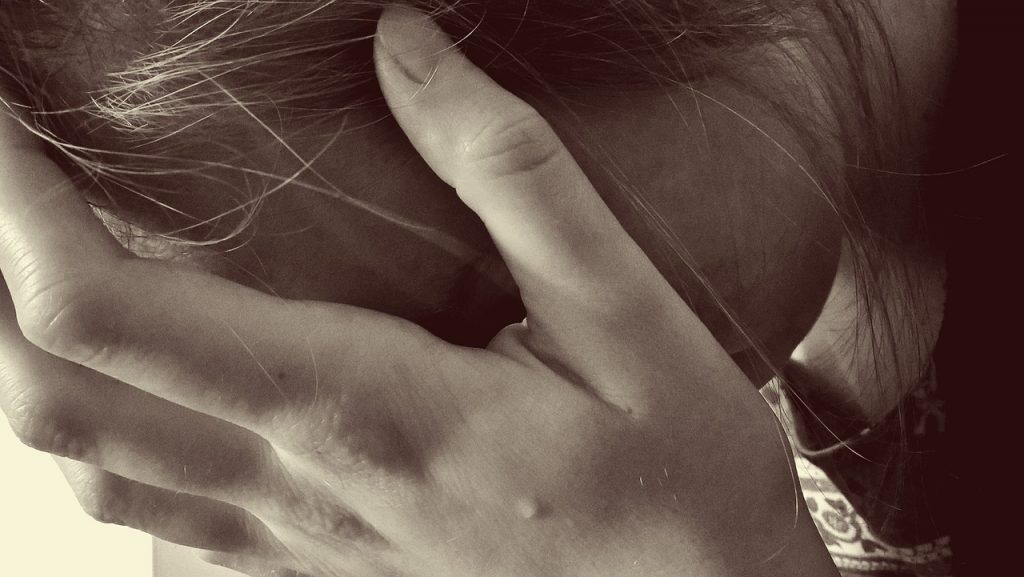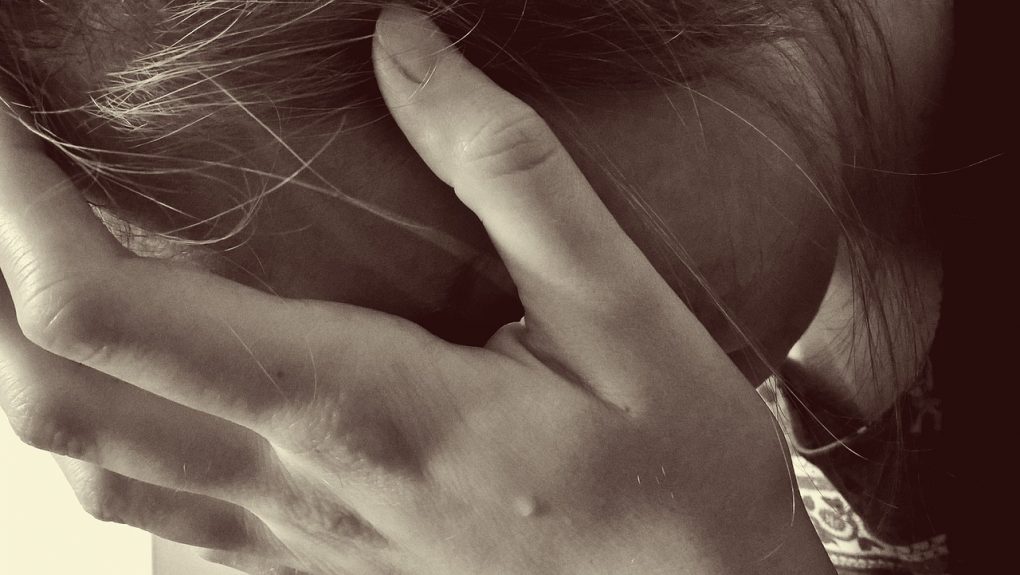Getting Help For Your Spouse Who Has Postpartum Depression

Are you noticing signs that your wife may be suffering from depression after giving birth? It could be a sign of postpartum depression, a more serious form of maternal mental illness that affects thousands of women each and every year. If you’ve been noticing some sudden changes in your loved one’s behavior, it’s time to reach out for help. Depression and other forms of mental illness can feel overwhelming to deal with, but help is available. Here are a few ways that you can help your spouse get some help to cope with depression symptoms.
Avoiding Bad Coping Mechanisms
Postpartum depression or PPD can occur shortly after giving birth or several months after. It occurs when a rush of hormones fluctuate and make it difficult to cope with daily stressors or activities. In some cases, it can lead to turning to inappropriate coping mechanisms, including drug addiction or alcohol that can cause serious health and lifestyle complications. Some examples include:
- Illicit drug use including street drugs such as marijuana or heroin
- Erratic drinking behavior
- Engaging in poor judgment and over indulging in sexual behavior
If you suspect that your spouse has turned to drugs or alcohol because of their postpartum depression, it’s important to enlist the right treatment plan. This may involve a medical intervention for withdrawal in a healthy manner and possible drug or substance rehab, like the services offered at Luminance San Juan Capistrano rehab, that will help your loved one cope get on the road to recovery.
Widget not in any sidebars
Time Away
After giving birth, daily chores and tasks can seem overwhelming, even more so for someone who suffers from postpartum depression or PPD. That’s why it’s important to let your spouse get out of the house or have some time alone to focus on herself. While this can’t cure depression, it can help alleviate symptoms and make it easier to cope with any issues that may suddenly arise. Some suggestions include:
- Hiring a babysitter to care for your child a couple of times a week
- Setting up a date night once a week
- Making an appointment for a spa day or beauty appointment
- Suggesting a fitness membership to her favorite gym
Allowing your spouse time away from the home can give her a new outlook on life and allow her to recharge her batteries so she can better take care of the family and herself.
Set Up a Doctor Visit
One of the most important things to address if you suspect your spouse has postpartum depression is medical care. A complete medical evaluation is necessary in order to determine any underlying health conditions and make an accurate and precise diagnosis. In some cases, there are some medical conditions and diseases other than depression that can mimic the same or similar symptoms. It’s important to rule these out. Your doctor will go over what some of the symptoms of postpartum depression are, including:
- Feelings of sadness, fear and overall depression
- Sudden weight loss or weight gain
- Irritability and severe mood swings
- Uncontrollable crying and sobbing
- Lack of concentration on the task at hand
- Fatigue and sleeping frequently
 If any of these signs are present, it’s important to discuss the symptoms with your spouse and her doctor. This will help make it easier to establish a diagnosis and get on the proper treatment plan in place. Prescription drugs are often recommended, but use caution and proceed with care until you know the full realm of side effects, both long and short-term.
If any of these signs are present, it’s important to discuss the symptoms with your spouse and her doctor. This will help make it easier to establish a diagnosis and get on the proper treatment plan in place. Prescription drugs are often recommended, but use caution and proceed with care until you know the full realm of side effects, both long and short-term.
Group Therapy
Sometimes, prescription drugs are not the answer. Finding holistic approaches to treatment are available, but make sure your loved one responds well to them. Also, there are many therapy sessions available through a trained psychologist or community mental health program that can help those suffering with PPD. The best way to connect is through your family doctor or psychologist who can suggest the appropriate groups that your loved one would benefit from. These are also beneficial for families too. If you feel affected by your loved one’s depression or drug use and believe there is a connection, a therapy session can help give you the skills to cope properly and treat each situation as effectively as possible. There are also therapy sessions that tailor to small children who have been exposed to a loved one suffering from PPD and other forms of mental illness.
Now is the best time to get the right help for your loved one and help guide them through the darkness that depression often leaves behind. If your loved one has mentioned hurting themselves or has thoughts of suicide, don’t hesitate to seek immediate medical help to assist with the situation right away.



